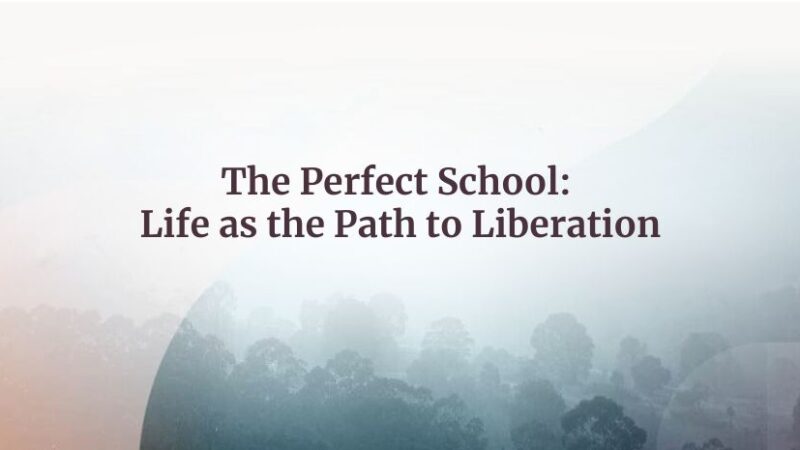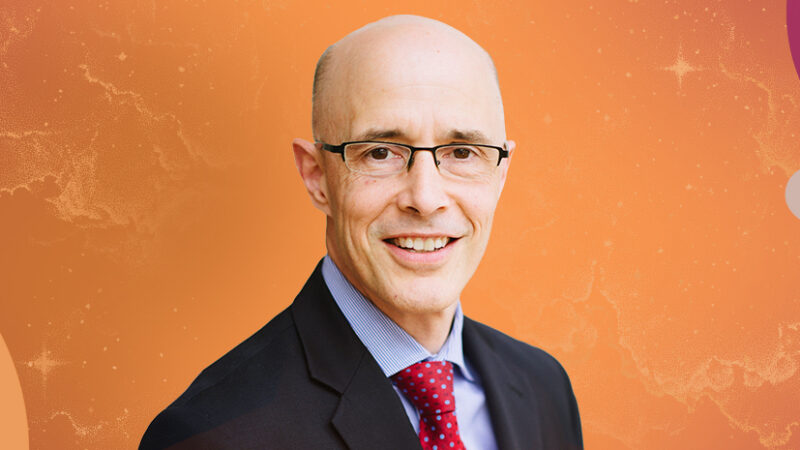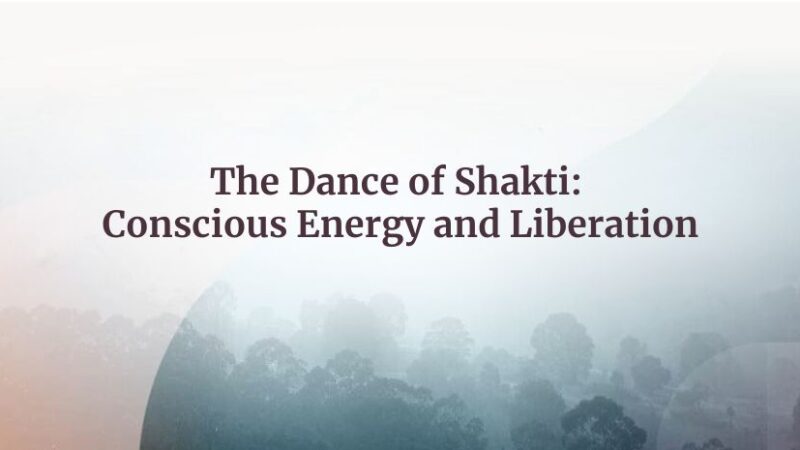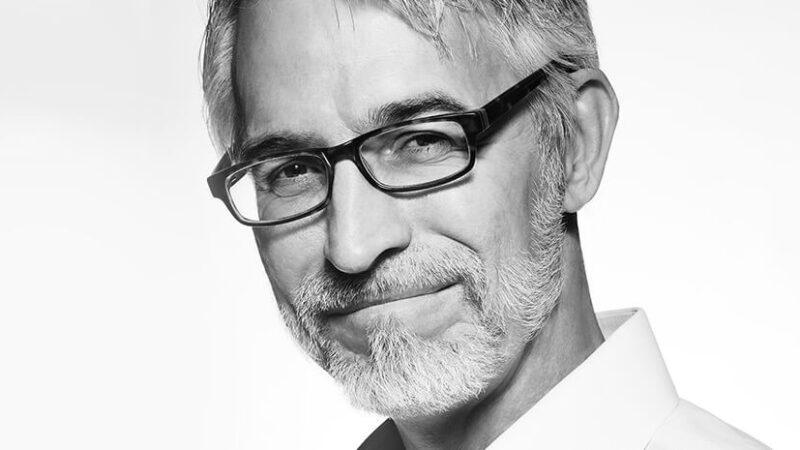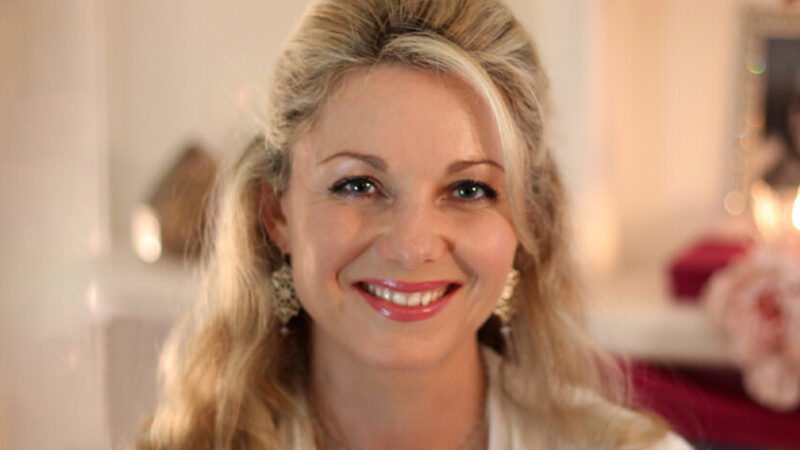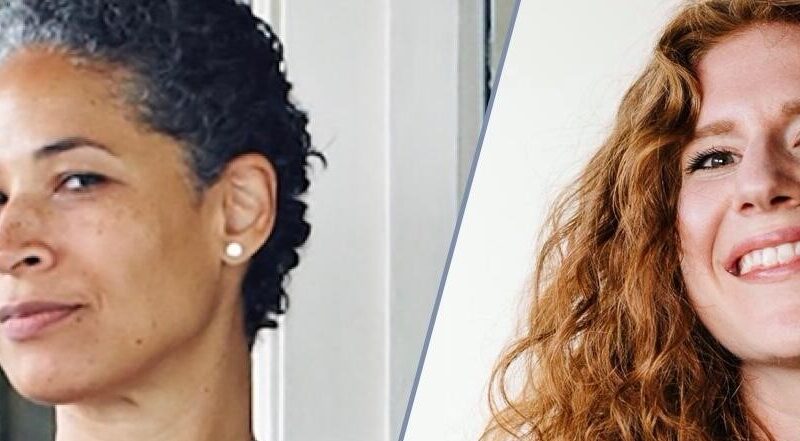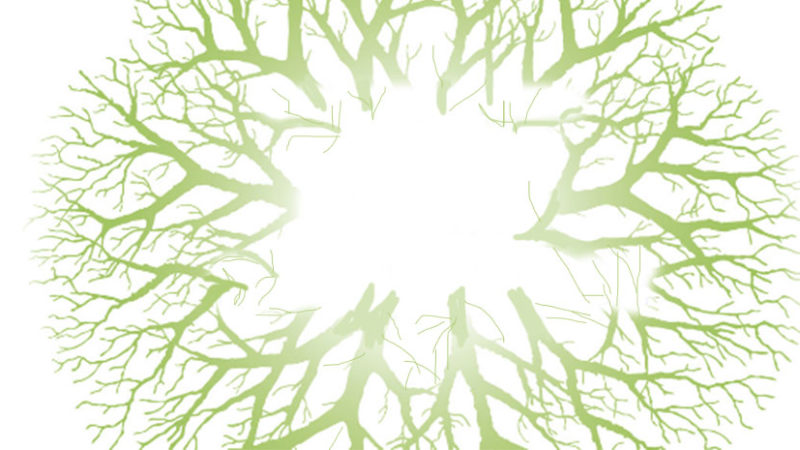-
E117: The Real Work: Letting Go from Within
Michael Singer — October 2, 2025
True spirituality isn’t about mystical experiences or lofty ideals—it’s about honestly facing...
-
Once More: Reflections on Reincarnation and the Gap Between Lives
Tami Simon — September 26, 2025
In this special reflection episode of Insights at the Edge host Tami Simon looks back on her...
-
Honey Tasting Meditation: Build Your Relationship with Sweetness
There is a saying that goes “hurt people hurt people.” I believe this to be true. We have been...
Written by:
Amy Burtaine, Michelle Cassandra Johnson
-
Many Voices, One Journey
The Sounds True Blog
Insights, reflections, and practices from Sounds True teachers, authors, staff, and more. Have a look—to find some inspiration and wisdom for uplifting your day.
Standing Together, and Stepping Up
Written By:
Tami Simon -
The Michael Singer Podcast
Your Highest Intention: Self-Realization
Michael Singer discusses intention—"perhaps the deepest thing we can talk about"—and the path to self-realization.
This Week:
E116: Doing the Best You Can: The Path to Liberation -
Many Voices, One Journey
The Sounds True Blog
Insights, reflections, and practices from Sounds True teachers, authors, staff, and more. Have a look—to find some inspiration and wisdom for uplifting your day.
Take Your Inner Child on Playdates
Written By:
Megan Sherer
600 Podcasts and Counting...
Subscribe to Insights at the Edge to hear all of Tami's interviews (transcripts available, too!), featuring Eckhart Tolle, Caroline Myss, Tara Brach, Jack Kornfield, Adyashanti, and many more.
Most Recent
E113: The Perfect School: Life as the Path to Liberati...
The purpose of life is to release the inner blockages (samskaras) that obscure the natural flow of energy and keep us trapped in patterns of fear, desire, and resistance. External events are not punishments but opportunities to see and let go of what is stored within, transforming suffering into growth. Liberation comes through non-resistance, relaxation, and surrender—using every moment of life as a chance to purify and return to the wholeness of the Self.
© Sounds True Inc. Episodes: © 2025 Michael A. Singer. All Rights Reserved.
Jim B. Tucker: Children’s Memories of Previous Lives
Explore the scientific evidence for reincarnation with renowned University of Virginia researcher Dr. Jim B. Tucker and host Tami Simon, as they reflect on the thousands of cases of children’s past-life memories.
Is the survival of a self beyond physical death just a wishful notion? For decades, psychiatrist and researcher Jim B. Tucker has continued the legendary work of Dr. Ian Stevenson to build a compelling case for the past-life experiences of more than 2,500 children—many of them supported by astonishing and verified evidence.
In this new Insights At The Edge episode, Dr. Tucker shares how this research raises profound implications about why we are here, and the very nature of consciousness and this reality.
Highlights:
- The abundance of evidence for past lives and reincarnation
- How these findings challenge the materialist worldview
- “Consciousness is fundamental, and physical matter is derived from it.”
- What these findings suggest about our purpose, here and now
Note: This interview originally aired on Sounds True One, where these special episodes of Insights at the Edge are available to watch live on video and with exclusive access to Q&As with our guests. Learn more at join.soundstrue.com.
E112: The Dance of Shakti: Conscious Energy and Libera...
All of life is Shakti, the universal conscious energy that vibrates at different rates to manifest as physical form, thoughts, emotions, and the flow of spiritual energy. Our suffering arises when we resist life’s experiences and block this flow, storing disturbances that shape the personal mind and distort our lives. Freedom comes when we stop pushing experiences down, let old disturbances rise and pass, and learn to relax in the face of life so that the inner flow of shakti can carry us back to our natural state of joy, openness, and oneness with God.
© Sounds True Inc. Episodes: © 2025 Michael A. Singer. All Rights Reserved.
Customer Favorites
Tracking Wonder
Jeffrey Davis is a researcher, consultant, and the founder of the Tracking Wonder Consultancy. With Sounds True, he’s released the new book Tracking Wonder: Reclaiming a Life of Meaning and Possibility in a World Obsessed with Productivity. In this episode of Insights at the Edge, Tami Simon speaks with Jeffrey about his lifelong work of understanding and spreading wonder. Jeffrey explains the six emotional facets that come together to create wonderment, as well as how to cultivate each in your daily life. Tami and Jeffrey discuss the value of accepting confusion, what we can learn from challenging times, and the positive emotions wonder cultivates. They talk about “wonder interventions” in the workplace and the untapped potential of focused daydreaming for robust creativity. Finally, Jeffrey and Tami discuss the power of personal devotions and the joyous act of gifting someone else with wonderment.
Miranda Macpherson: The Transforming Power of Ego Rela...
Many of us struggle to truly live what we believe spiritually. What if closing that gap wasn’t about trying harder, but something quite the opposite? “Through the practice of ego relaxation,” teaches Miranda Macpherson, “we can stop trying to beat ourselves into spiritual shape and yield instead to an unshakable presence within.”
In this episode of Insights at the Edge, Tami Simon speaks with Miranda about taking a more feminine approach to spiritual seeking and why that involves creating an atmosphere of unconditional love. Miranda explains ego relaxation, her unique process of letting go of all the qualities that maintain the illusion of being separate from the rest of existence. Considering the roles of trust and vulnerability on the spiritual path, Tami and Miranda discuss what it means to be a channeler of grace. Finally, Miranda leads us in a guided practice for discovering the mountainous presence already available in each moment.
Rebecca Walker and Lily Diamond: Your Creative Power t...
Rebecca Walker is a bestselling author, lifelong activist, and TV and film producer, named one of the most influential leaders of her generation by Time magazine. Lily Diamond is also a bestselling author and a photographer, wellness advocate, and creator of the award-winning blog and memoir cookbook Kale & Caramel. Together, they have written a book called What’s Your Story?: A Journal for Everyday Evolution, published by Sounds True. In this episode of Insights at the Edge, Tami speaks with Lily and Rebecca about the power of the right question to move us in the direction of claiming our narratives and using the power of our imagination to create our future. They discuss the importance of telling our own stories in the ways only we can. They also explore how rewriting the stories we tell about ourselves and our world can ignite the alchemical process of everyday evolution, moving us in the direction of healing society, the Earth, and our own spirits.
Timeless Classics
5 Neurosculpting Practices for Lasting Brain Change
Incorporating these five best neuroplasticity practices can open the doors to a more graceful, resilient, and lasting experience of change.
The Way of the Feminine to Save the World
You feel special. Sometimes this feels like a curse. Like no one will understand you. Ever. Like you will always be an alien walking among regular humans, pretending to blend in. You have learned to live with this gulf, but what you really crave is community. You long to belong to the human family. To Mother Earth.
Participating in the human condition can be bewildering. It is just not always cozy and easy—rather, it’s humbling at best, downright humiliating when it is not flowing. It can seem so much simpler to ride solo, slaying your own dragons and singing the ballads you wrote about yourself. Collaboration can be tedious, and the prevailing masculine value system may have conditioned you to feel like you are giving away your power when you share it with others.
So what? Give it away. The time of the singular sage bestowing his unique wisdom is over. That was a method devised by the men in charge who sought to regulate wisdom. They taught us to suffer alone in the desert for forty years, collecting our insights in a secret box called “Esoteric Knowledge.” Then, we were supposed to dispense those insights stingily to those who proved themselves worthy by also suffering alone for the requisite forty years in the desert.
It turns out that the world is filled with special beings, grappling our way through the anxiety of solitary conundrums and tasting the occasional reprieve of connection. When you realize this, your body lets out its breath and relaxes. The curse lifts. You come in from the cold. You hold out your cup, and some other special being fills it with sweet, milky tea spiced with fragrant herbs. You drink.
Our way, the way of the feminine, is to find out what everyone is good at and praise them for it and get them to teach it to one another. Maybe you know something about the hidden meaning of the Hebrew letters, or how to build a sustainable home from recycled tires and rammed soil, or loving-kindness meditation. You, the one who knows the Islamic call to prayer, climb this minaret and call us all to prayer. You, the one who knows how to sit quietly at the bedside of the dying, show us the way to bear witness. You, the one who knows how to get us to wake up to the shadow of privilege, please wake us the #*#@ up. It will be chaotic, all this community building, but your cooperation will save the world.
Besides, it will be fun.
Diana Winston: The Big Bang of Natural Awareness
Diana Winston is is the director of mindfulness education at UCLA’s Mindful Awareness Research Center, a member of the Teachers Council at Spirit Rock Meditation Center, and a pioneer in mindfulness education for children. With Sounds True, she has released The Little Book of Being: Practices and Guidance for Uncovering Your Natural Awareness. In this episode of Insights at the Edge, Tami Simon speaks with Diana about “natural awareness”—an always-available, foundational flow state distinguishable from deliberate mindfulness practice. They share “glimpse practices” designed to open up perception and embodiment of natural awareness, commenting on how each can be practiced in day-to-day life. Diana and Tami discuss the value of going on retreat, the spectrum of different awareness practices, and common misconceptions about what it takes to become a mindfulness teacher. Finally, Diana explains why it’s important not to become a “bliss-ninny” as well as the difference between natural awareness and spacing out. (64 minutes)
